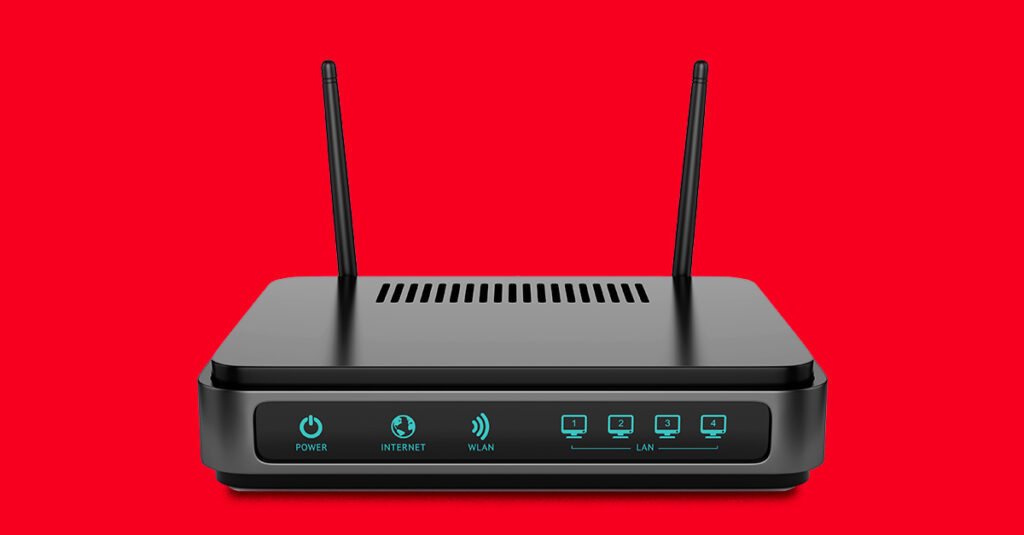
How to Know When You Should Reboot Your Router
2 commentsWe pretty much love our routers because they’re quiet, dependable, and don’t take much effort to maintain. And then someone will tell you that they reboot their router every day, or every week, or every month. What’s that all about? While there’s no one simple answer, we have some tips to help you know when and why you should reboot your router.
The case for rebooting
There is no popular time of the day to reboot your router. People reboot their router when something isn’t working as expected, which doesn’t usually happen at a convenient time. To be the most effective, power down your router for 15-20 seconds, then turn it back on.
However, an all-night shutdown is not for you if you have a home security or monitoring system that depends on Wi-Fi to stay connected, or if you depend on any smart devices to remain active or perform tasks while you sleep.
Cybersecurity issues
Cybersecurity is a term you’ll often hear in reference to large organizations, but it’s just as real for each of us. Cybersecurity is simply the practice of keeping networks and systems safe and protected from digital attacks.
While rebooting does nothing to increase security, the surest way to keep your home network secure from any potential attacks is by:
- Creating hard to crack passwords on your Wi-fi.
- Don’t give out your wi-fi password even to a guest, use the Guest WiFi network instead.
- Ensure that all your devices use the latest wi-fi security (that old printer that only supports WPA is not you doing any favors.) WPA3 is the latest and should be hitting mainstream routers over the next 18 months.
- Move IoT (internet of things) devices to a separate SSID (Service Set IDentifier, which is your network’s name). If needed, most routers offer 2nd SSID isolation, this means the devices in this 2nd SSID can’t even see you much less scan you.
- Remove static port forwarding rules If you don’t recognize them. Port forwarding rules are permeant holes in your firewall that will survive reboots. Some IOT devices that allow for access outside your home such as NAS (network attached storage) solutions may need this. If you’re not sure what you’re doing here your ISP may have a professional services department for a small fee that can help you or contact your local IT Pro.
- Keep your firewall at the highest possible setting.
- Adding anti-virus/malware protection on everything.
- Make sure all your devices are using the latest available software and are up to date.
Enable software and service provider updates
Nearly all devices need to receive periodic updates to their operating systems, and these updates are almost always released during the hours that most of us are asleep. Your service providers also send out updates to regulate and optimize service and connectivity during the night.
Leaving your devices up and running along with your Wi-Fi ensures that any automatic updates can be installed without any issue or intervention.
As with most of our at-home technology, sometimes the answer to technical issues is to simply reboot. Quickly powering down your router, then starting it right back up again, might be a good way around all the reasons to keep it up and running while giving it the chance to reset.


How do i change the Wi-Fi pass word?
I have just the information you’re looking for, Delia! The key to making these changes quick and easy is our mobile app for iOS and Android! Here’s our Help Center article: https://fybr.to/3VnJknw ^Michael